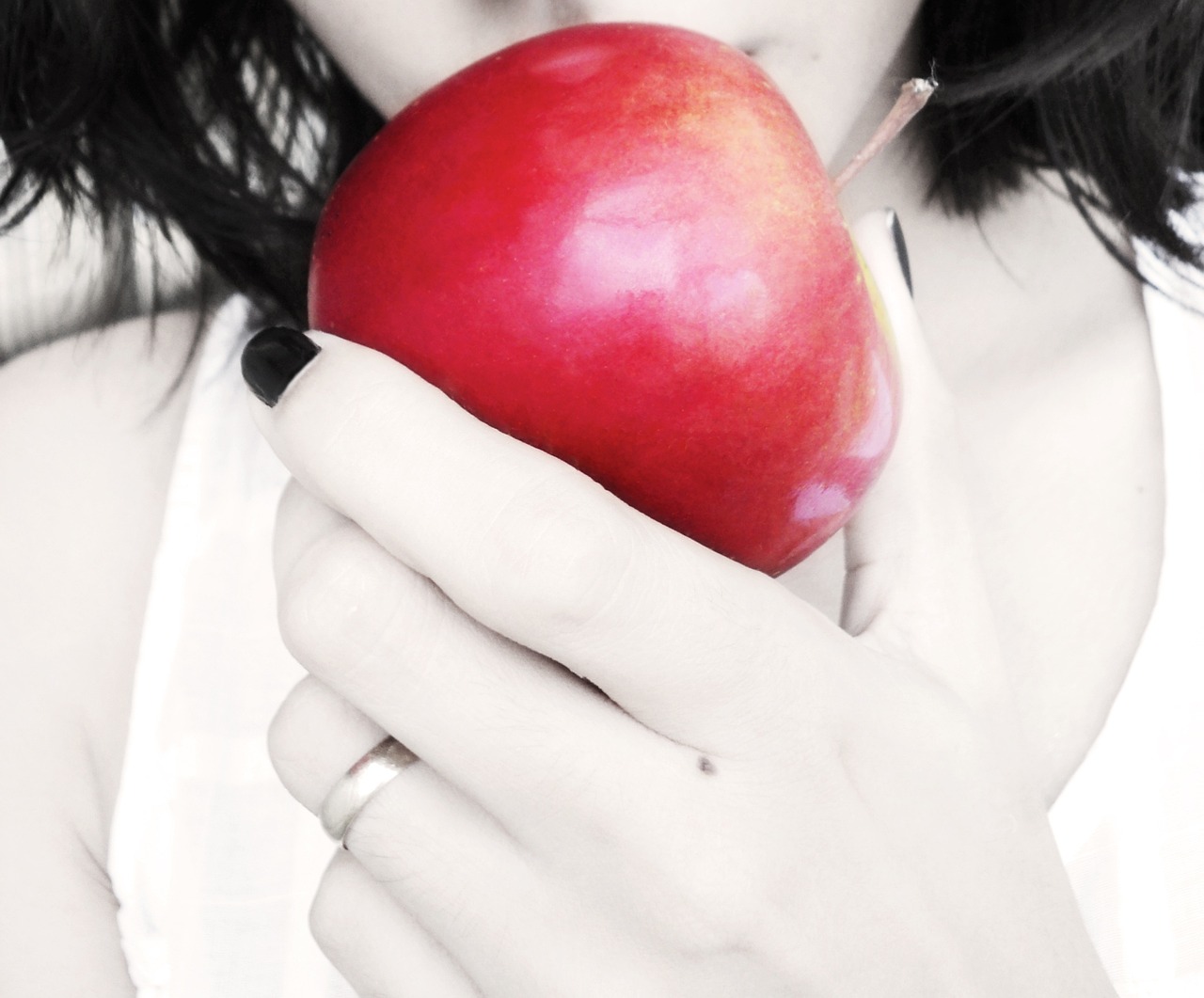The “Tutti apple”, the result of a 20-year, multinational partnership, is the world’s first ever hot-climate apple. New climate-resistant variety is first branded fruit to be released from the Hot Climate Partnership, a collaboration between scientists in New Zealand and Spain. It made its entrance on the market last year. After more than 20 years of crossbreeding for heat tolerance, the Tutti (whose research name is HOT84A1) is open for licensing to all growers, fresh produce sales and marketing companies, and plant nurseries. United States, Chile and China, have already tasted the Tutti apple, but there’s a growing list of fruits and vegetables that researchers are trying to climate-proof as Earth heats up. Using tools ranging from the old-fashioned, like crossbreeding, reviving Indigenous plants, heat-conscious planting techniques, to the new, such as gene editing, researchers are trying to help plant breeders and backyard gardeners alike stay one step ahead of the changing planet.
Global warm distress on plants
When a plant experiences a rising temperature stress, the very proteins that perform a plant’s essential functions, such as directing photosynthesis, shuttling water and nutrients, and warding off disease, begin to unfold and disintegrate. Plants can repair this damage using quick-acting heat shot proteins. And past 50° C, can begin to change the chemical composition of their cell membranes to keep their lipids from melting like butter left on the counter. But they do so at a cost. The cost of living as you try to repair continuously, because degradation is getting faster, means that you’re spending a lot more energy on surviving. So increasing temperatures lead to a relevant fall of many types of harvest. Other signs of heat stress that you might commonly see in your own garden plants include drooping, slower growth, signs of burning on leaves and stems, smaller fruits and vegetables, or plants that flower but never produce crops at all, a sign that their pollen, which is sensitive to heat, has been damaged.



Cross-breeding and gene editing are old-fashioned and novelty technique that must work together
Most new plant varieties today are still made as they have been for thousands of years, through a process known as selective breeding in which parents with desirable traits are crossed. One of the most pressing challenges is the fact that researchers and breeders must balance conflicting needs. A plant that is heat tolerant but susceptible to disease won’t sell, nor will one that is disease resistant but produces low-quality fruit. Each of these traits may be controlled by hundreds of genes, all of which interact in unexpected ways. It’s a data nightmare that makes studying the genetic basis for different traits a challenge.
Gene editing could be a parallel solution. For example, firmness is one of the most important fruit quality traits. In the study of G. López-Casado et al firmness of strawberries has been analyzed. The postharvest shelf life of this soft fruit is highly limited by the loss of firmness, where cell wall disassembly plays an important role. Two different polygalacturonases genes have been described in strawberry: they both are up-regulated during fruit ripening. The research group using the CRISPR/Cas9 successfully edited a new strawberry, a soft-fruit genotype with excellent eating quality. Edited lines showed a firmer fruit characteristics, also after post-harvest, but also show reduced fruit susceptibility to Botrytis cinerea infection and reduced transpirational water loss. Anyway, mutations need to be studied, also to facilitate the public acceptance of edited plants since no foreign DNA is integrated into the plant genome.
World has a lot of possibilities today. Tutti’s translation means ‘everyone’ or ‘all together’ in Italian, a concept at the very heart of the Hot Climate Partnership, which is delivering better solutions for growers, consumers and retailers. Gardening under climate change has become a challenge. It’s less about throwing seeds out and seeing what grows, and more about doing what can benefit plants health and growth.
References:
G. López-Casado et al. CRISPR/Cas9 editing of the polygalacturonase FaPG1 gene improves strawberry fruit firmness. Horticulture Research. Volume 10, March 2023, p. uhad011. doi: 10.1093/hr/uhad01.





